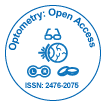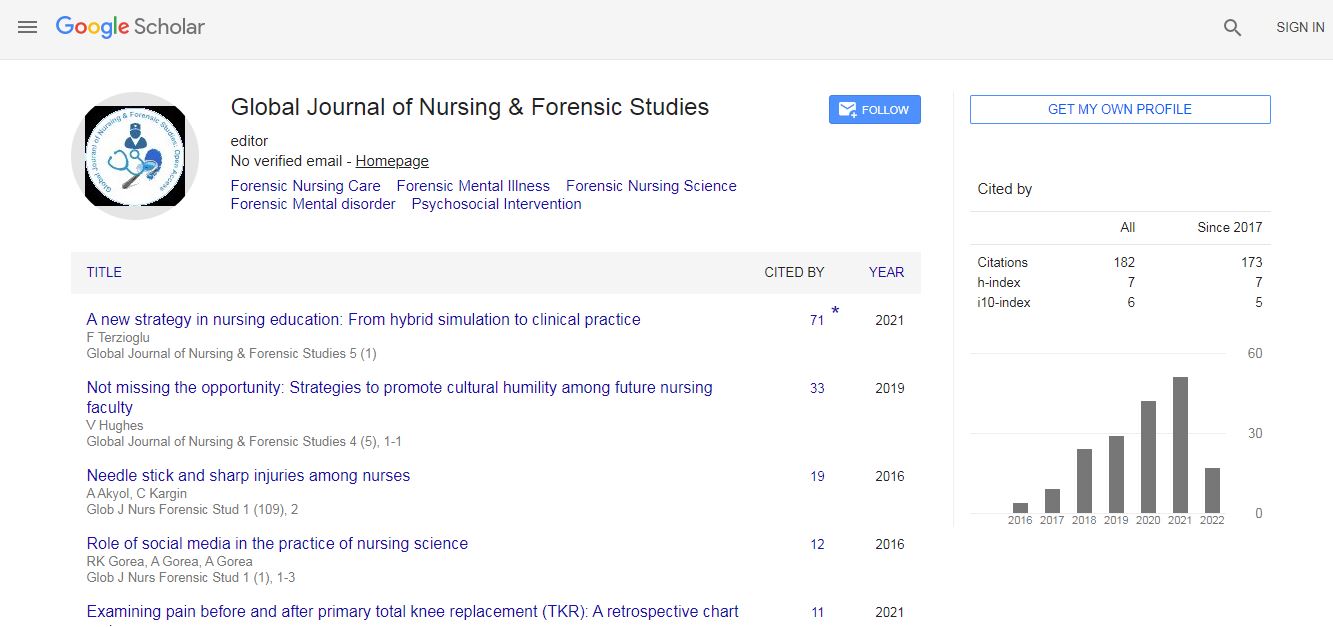Our Group organises 3000+ Global Conferenceseries Events every year across USA, Europe & Asia with support from 1000 more scientific Societies and Publishes 700+ Open Access Journals which contains over 50000 eminent personalities, reputed scientists as editorial board members.
Open Access Journals gaining more Readers and Citations
700 Journals and 15,000,000 Readers Each Journal is getting 25,000+ Readers
Google Scholar citation report
Citations : 82
Optometry: Open Access received 82 citations as per Google Scholar report
Indexed In
- Google Scholar
- RefSeek
- Hamdard University
- EBSCO A-Z
- Euro Pub
- ICMJE
Useful Links
Recommended Journals
Related Subjects
Share This Page
Difference between the students with visual and auditory impairment in self-handicapping
World Congress and Expo on Optometry & Vision Science
Kourosh Amraei and Mohammadparsa Azizi
Lorestan University, Iran Islamic Azad University, Iran
ScientificTracks Abstracts: Optom Open Access
Abstract
Self-handicapping represents a strategy whereby individuals actively arrange the causes of their behavior to preserve selfesteem within socially evaluative situations. Self-handicapping has two forms of behavioral self-handicapping and claim self-handicapping. Behavioral self-handicapping consists of performing or not performing a task in order to make excuses and to claim self-handicaps, a verbal effort to convince the others about the reasons behind the failure so, that the individual is not being questioned or blamed. In the present study, self-handicapping among students with visual and auditory impairment is compared. In this causal-comparative study, 46 blind students and 38 deaf students were selected through multi-cluster sampling. They were required to answer Jones and Rodvelt self-handicapping Questionnaire. The multi-variable variance analysis MANOVA had done about data. Research results demonstrate that the blinds and the deaf don not differ in adopting claimed self-handicapping mechanism. Comparing the blind students, the deaf students showed a greater use of behavioral self-handicapping mechanism and general self-handicapping, however. Regarding the results of this study (i.e. difference between the deaf and the blinds in adopting self-handicapping mechanism), contributes to instructional and rehabilitating programs in the two groups.Biography
Dr Kourosh Amraei is an ophthalmologist at Lorestan University, Iran Kourosh.
Email: amrai@yahoo.com

 Spanish
Spanish  Chinese
Chinese  Russian
Russian  German
German  French
French  Japanese
Japanese  Portuguese
Portuguese  Hindi
Hindi 